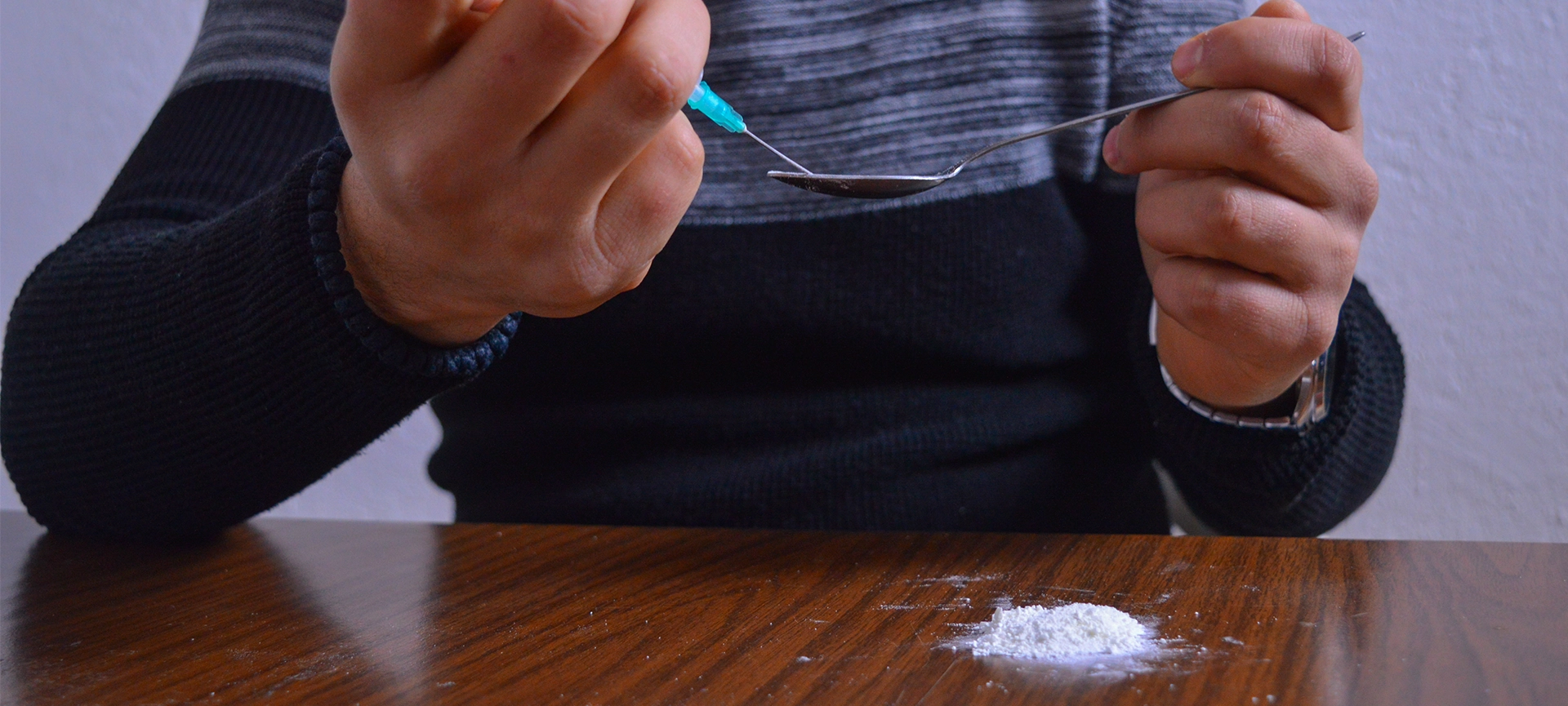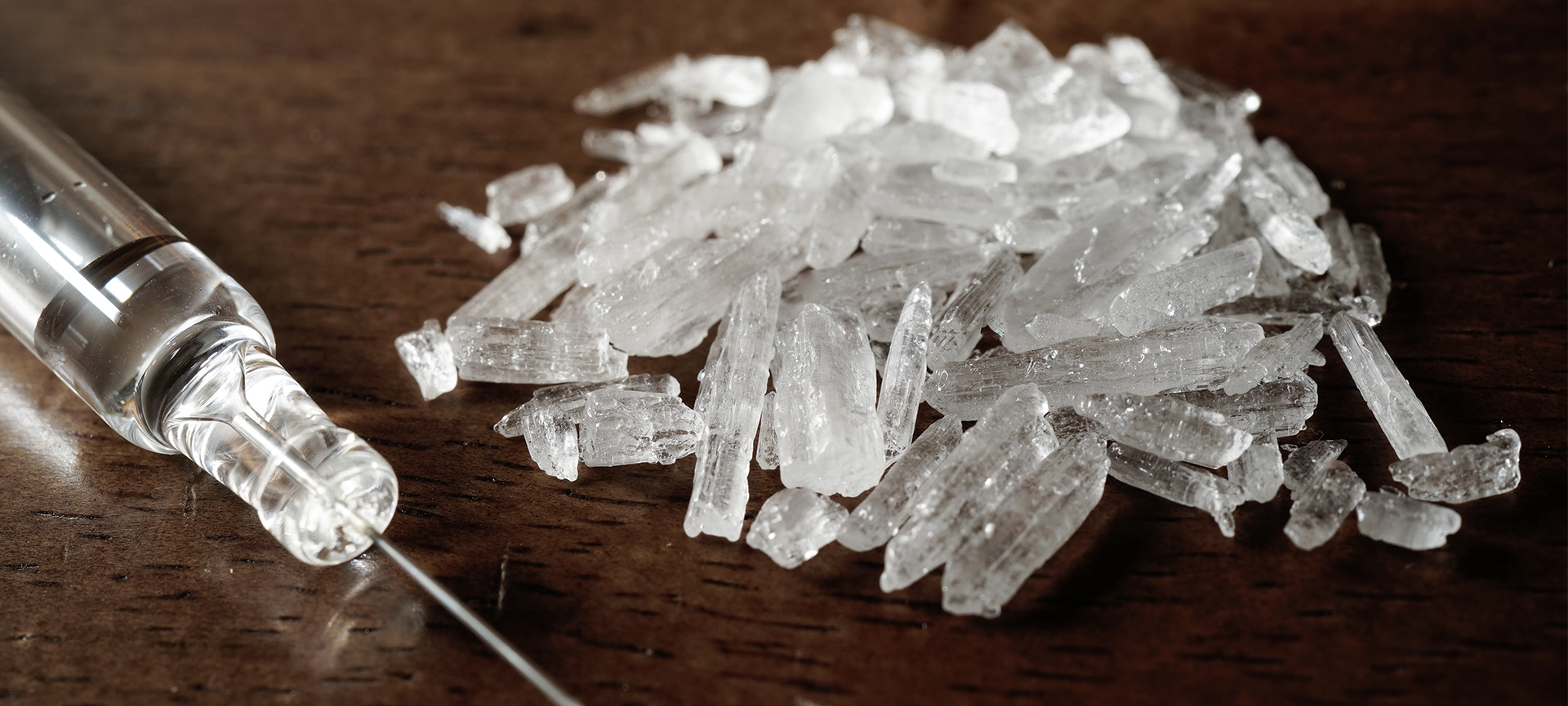It’s not just you. The serious downsides that come with meth addiction extend to your family and loved ones, especially as they try to navigate this new reality.
The effects of meth addiction on your family start with a little irresponsibility here and there. But as you get deeper into meth addiction, its impact on your family will skyrocket.
As the addiction affects your health, finances, work or school responsibilities, your family will start to bear an emotional burden. And over time, this burden can deepen, making it harder for them to support your recovery from meth addiction,
Do you have questions about how to cope with your family during meth addiction recovery? Or maybe you’re a family member eager to learn how to support a loved one in recovery.
Here are the answers to all your questions.
How Meth Addiction Affects the Family
As you navigate the path to recovery, it’s important to understand how your addiction has impacted your family dynamics and relationships.
Erosion of Trust
Meth addiction can erode the foundation of trust within your family. The secrecy, lies, and broken promises that often accompany addiction can leave your loved ones feeling hurt and betrayed.
Think back to the times when you may have hidden your substance use, denied its existence, or even stolen from your family to support your addiction.
These actions can leave deep scars on the bonds you share with your family members.
Communication Breakdown
Effective communication is vital for any relationship, but meth addiction can sever this lifeline. Your family may have felt shut out or ignored as you focused on obtaining and using meth.
The resulting breakdown in communication can lead to misunderstandings, resentment, and an inability to express feelings and concerns openly.
Emotional Distancing
Meth addiction can cause emotional distancing effects within your family. As your focus shifted towards the drug, you might have withdrawn from family activities, celebrations, and even ordinary conversations.
Your absence during important events can leave your family feeling isolated and rejected.
Think about the birthdays, holidays, and family gatherings you missed because your addiction took precedence.
Financial Effects on Your Family
Addiction comes with a hefty price tag. The financial toll of sustaining a meth addiction can strain family finances, causing stress and arguments.
In caring for you, your family may have had to divert money for essential needs, education, or family outings to your well-being. It worsens if you have stolen or lied to your loved ones to feed your addiction.
Emotional Rollercoaster
It’s impossible to talk about the effects of meth addiction on your family and how to cope without discussing the emotional rollercoaster that is drug abuse.
Meth addiction often leads to unpredictable mood swings and erratic behaviour. The emotional rollercoaster can leave your family members anxious, fearful, and uncertain about your well-being.
They may have experienced moments of hope followed by disappointment as they witnessed your struggles.
These are all real situations you must consider as you navigate meth addiction recovery and coping with the family. And with that perspective, here’s what you do.
Related Article: Alcohol Addiction and the Community: How to Help?

Family and Meth Addiction: How to Cope & Move Towards Recovery
Managing meth addiction alongside family relationships is a lesson in intentionality and patience.
It’s also proof of the positive, influential role that professional addiction support can play in your addiction recovery.
Start with open, honest communication with your loved one.
Open Communication
Initiate open and honest conversations with your family. Apologize for the pain your addiction has caused and express your desire to rebuild trust.
- Recognize the pain your loved ones endured due to your addiction, and embrace change with empathy. By listening, understanding, and sharing your recovery, you can pave the way for healing.
- As you recover, self-reflection and owning up to your mistakes are essential. Apologize sincerely, showing empathy towards your family’s emotions. Transparency about your recovery journey fosters understanding, building a bridge of trust. Be patient and consistent; the path to rebuilding is gradual but transformative.
- Empathy and non-judgment are key for those supporting a loved one’s recovery. Listen actively, offering encouragement and affirmation. Establish healthy boundaries to protect both your wellbeing and theirs. Educate yourself about addiction; understanding the struggle enriches your support.
Seek Professional Help
Consider involving a therapist or counsellor who specializes in programs for meth addiction and family dynamics. Family therapy sessions can provide a safe space to address issues and rebuild connections.
As you stride towards recovery from meth addiction, the journey becomes less daunting with the aid of professional help. Acknowledge the toll your addiction has taken on your family and embrace the support of experts.
Your goal is to mend the fractures by involving professionals who can guide you toward healthier dynamics.
For loved ones, witnessing the effects of meth addiction on a family member can be overwhelming.
Seeking professional assistance offers guidance on how to cope and support your family with the effects of meth addiction. Education about addiction and attending family therapy sessions can provide you with tools to navigate this challenging terrain.
Imagine, as a recovering addict, having a therapist who helps you process the underlying reasons for your addiction. Picture your loved one attending support groups to understand their emotions better and how to communicate more effectively with you.
By seeking professional help, you’re healing yourself and creating an environment where your family can find solace and growth.
Set Boundaries
As you finish your meth addiction recovery, establish clear boundaries that allow you to focus on your well-being while respecting the needs of your family members.
In your quest to cope with the effects of meth addiction, establishing boundaries is a powerful tool that paves the way for healing within your family.
Recognize that setting limits is a form of self-care and a way to rebuild trust. Your goal is to create a healthier environment that fosters growth and recovery.
- As you recover, define clear boundaries for yourself.
- Commit to refraining from old habits and communicate your limits openly to your family.
- Rebuild trust by showing that you’re committed to change.
For any loved ones reading this, standing by someone battling meth addiction can be emotionally taxing. Setting boundaries becomes essential for your own well-being.
While you offer support, establish limits to protect your mental and emotional health. Communicate your boundaries lovingly and consistently, showing that your support is unwavering but not at the cost of your own stability.
Make Amends
Where possible, make amends for past mistakes. Actions often speak louder than words. And showing your commitment to change can help your family cope with the effects of meth addiction.
Your goal is to express your commitment to change and growth, creating a foundation for healing.
- Acknowledge the pain you’ve caused, and take steps to mend relationships. Your aim is to heal wounds and rebuild trust as you pave the way for a brighter future.
- In your recovery process, identify the mistakes you’ve made and the hurt you’ve caused your family.
- Reach out to your family with genuine apologies, showing that you understand the pain you’ve inflicted.
Think of heartfelt conversations with your family, apologizing for the pain your addiction caused. Picture your loved ones open to your efforts, and slowly but surely embracing the opportunity to mend the rift.
For loved ones, supporting someone through meth addiction’s impact can be emotionally exhausting. As you seek to assist your loved one’s recovery, being open to their efforts to make amends can foster a sense of forgiveness and growth. Understand that their remorse is sincere and support their journey to heal the family bond.
By making amends, you’re rebuilding relationships and cultivating an environment of understanding and empathy.
Related Article: How to Support a Loved One in Recovery?

Family and Meth Addiction Requires Patience:
Your journey toward recovery from meth addiction is a brave decision. And we applaud your determination to heal not just yourself but your family relationships.
Remember, healing is possible, and the power to rebuild those bonds lies within your hands.
By acknowledging the impact of addiction on your family and taking steps to mend burned bridges, you’re paving the way for a brighter and more fulfilling future.
Addiction Rehab Toronto also provides family counselling and recovery programs for meth addiction. We start with a consultation session that allows us to tailor meth addiction programs to your family’s unique needs. Call us at 1-855-787-2424 to learn more.
Stay strong, stay committed, and remember you can create positive change in your life and the lives of your loved ones.







